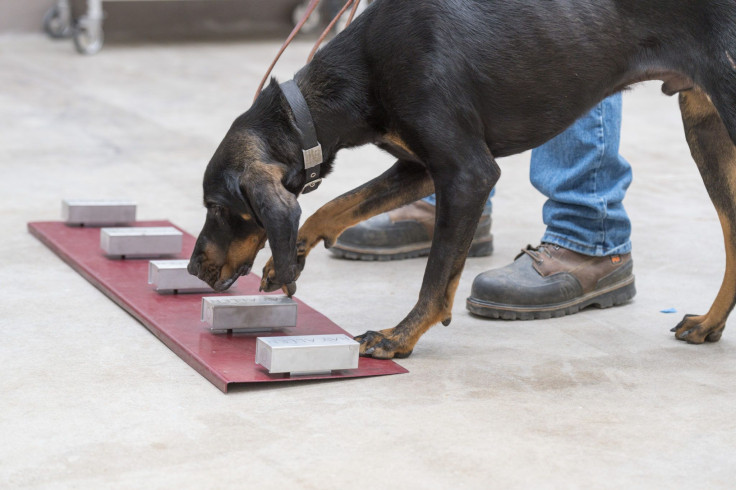Canine Influenza Outbreak: Minnesota Cases Surge As Vaccines Run Low

Since the initial report of an outbreak in April, Minnesota has been grappling with one of the largest canine disease outbreaks in decades, as nearly 300 dogs are suspected to have been infected with canine influenza.
The outbreak began when the Animal Humane Society in Minnesota reported that a dog transported from Oklahoma had infected all of its 200 dogs. In response, the nonprofit organization temporarily closed its three shelters and halted pet adoptions until May, making it their longest closure due to an animal-related outbreak, according to the Star Tribune.
To combat the spread of the virus, the state Board of Animal Health has urged dog owners to consult with their veterinarians about vaccinating their pets against canine influenza. However, a widespread shortage of canine influenza vaccine shots persists, despite some increase in supply. Even a recent vaccine clinic held by the Animal Humane Society quickly sold out.
According to veterinarian Abigail Maynard of St. Paul Pet Hospital, acquiring the vaccine is challenging for clinics due to limited production by a single company and high demand. The shortage has created difficulties in meeting the vaccination needs of dogs across the state and the nation.
Of the nearly 300 suspected cases, 95 have been confirmed infections, with most of them concentrated in Hennepin County, according to the state Board of Animal Health. However, experts believe that there may be numerous undiagnosed cases among dogs that have not been tested or visited by a veterinarian.
While the number of infections remains relatively low considering the estimated half-million dogs in the metro area, the Minnesota outbreak highlights the importance of proactive measures. The Animal Humane Society has implemented stricter protocols, testing and isolating any dogs with respiratory symptoms for seven days, leading to zero cases of canine flu since their initial outbreak.
Canine influenza is a more severe respiratory disease than kennel cough, and it poses a greater risk to vulnerable dogs such as puppies. Vaccinating dogs can help reduce the severity of the illness and prevent complications, according to the Board of Animal Health.
Concerning the current outbreak, it takes six to eight weeks for the vaccine to reach full effectiveness. The Animal Humane Society is focusing its limited supply of 1,000 vaccine shots on dogs in the community that visit their clinics. They encouraged dog owners whose pets frequent boarding facilities, doggy daycares, or dog parks to consider vaccinating their dogs to mitigate the risk of infection.
While canine influenza led to hospitalization for some dogs at the University of Minnesota's Veterinary Medical Center, the majority of cases were mild, and the dogs recovered quickly. Nevertheless, it's expected that the virus would continue to spread before eventually dying out. Experts also highlighted the likelihood of new infectious diseases being introduced to Minnesota's canine community due to the transport of dogs from other states and countries.
Published by Medicaldaily.com



























